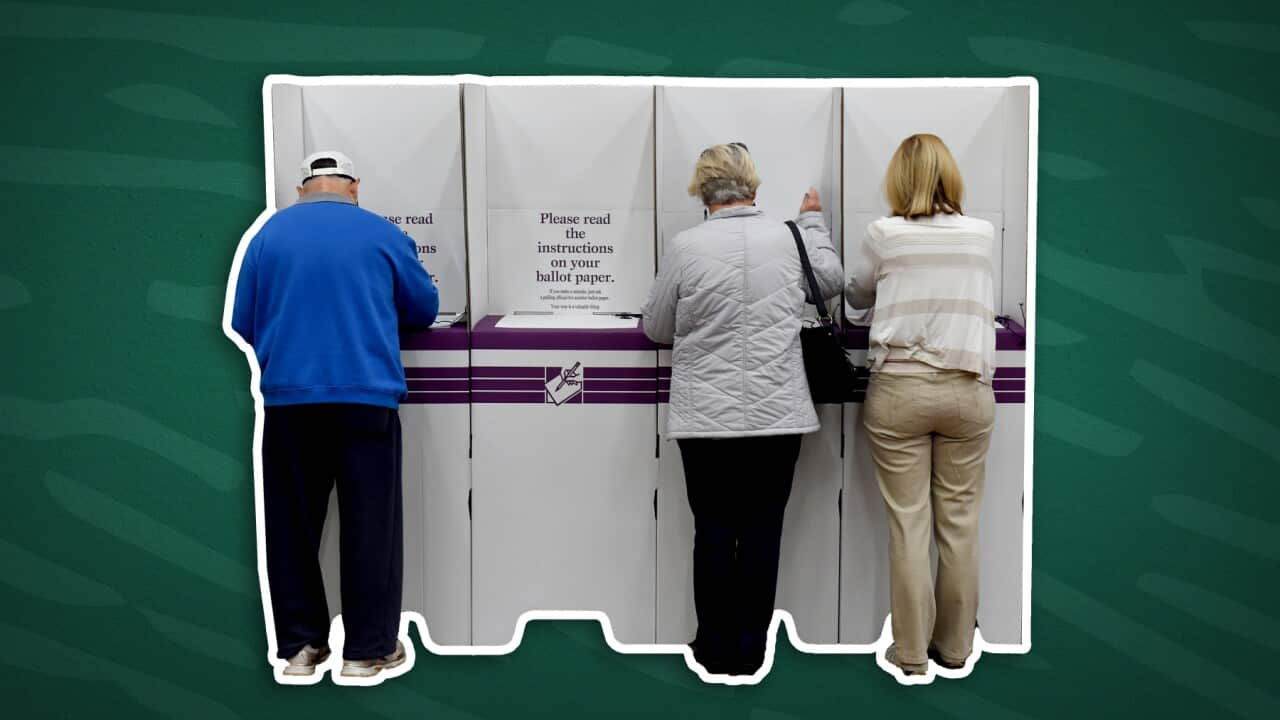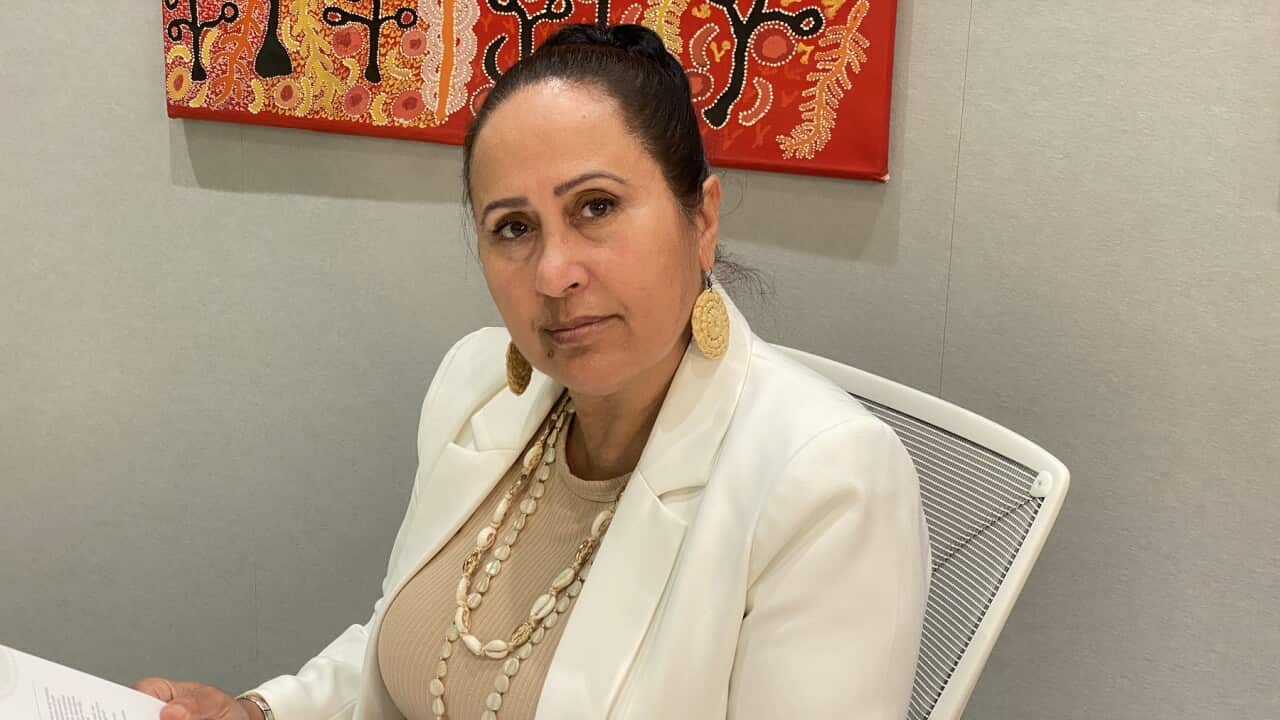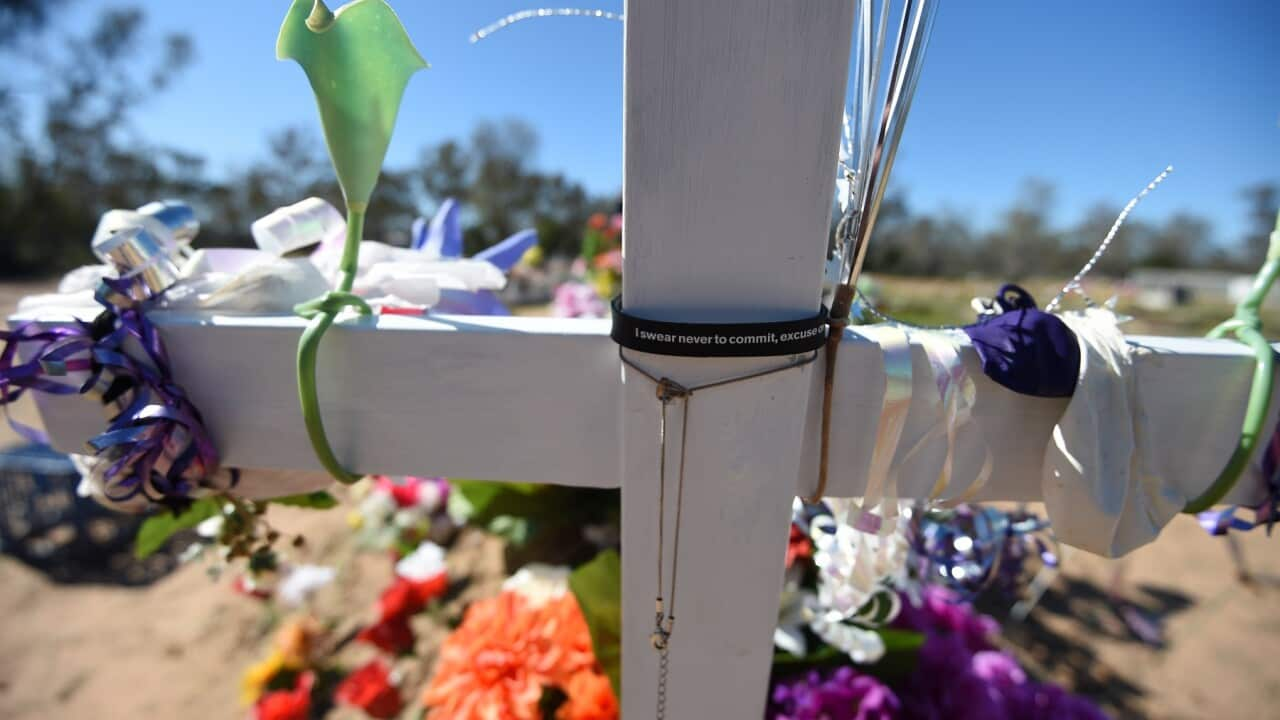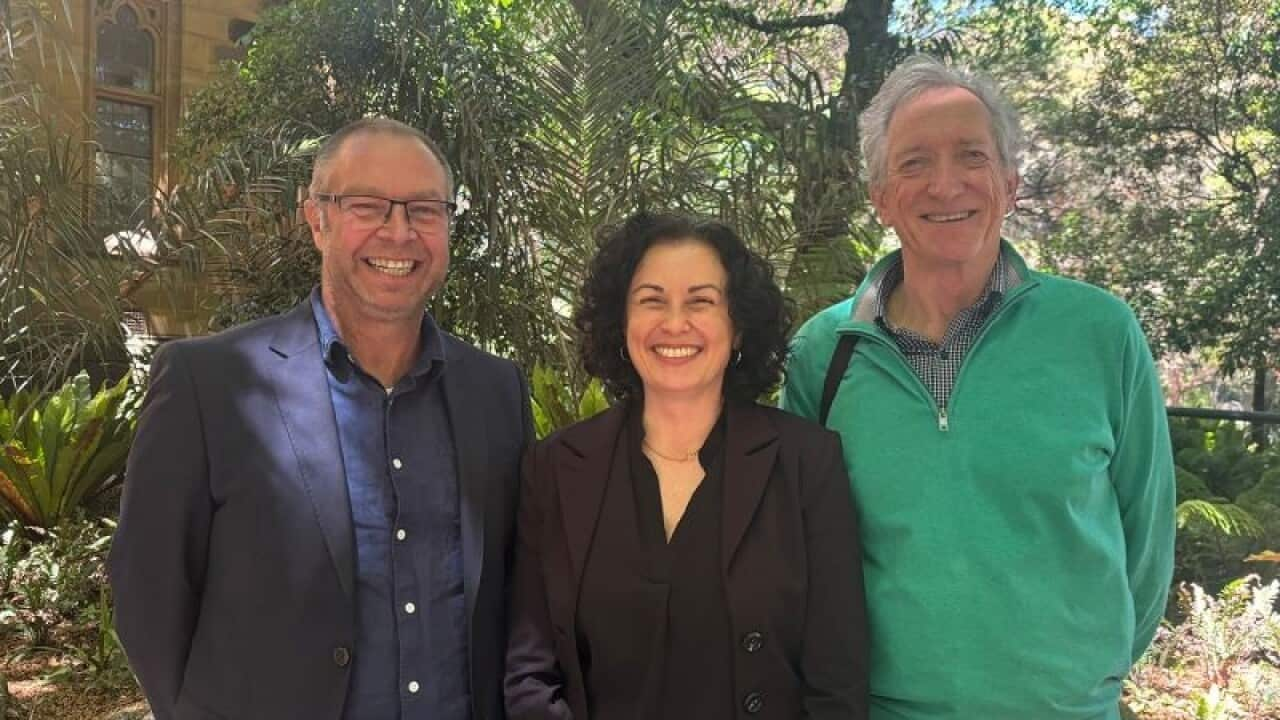Stay informed on the 2023 Indigenous Voice to Parliament referendum from across the SBS Network, including First Nations perspectives through NITV. Visit the to access articles, videos and podcasts in over 60 languages, or stream the latest news and analysis, docos and entertainment for free, at the
TRANSCRIPT
The day has finally arrived. Australians have started voting about an Indigenous voice in Parliament. Early voting has opened on Monday in the Northern Territory, Tasmania, Victoria and Western Australia, ahead of the referendum on October 14th.
The result will determine whether an Indigenous voice, which would advise parliament and the executive government, will be enshrined in the constitution. Prime Minister Anthony Albanese has campaigned strongly for a "yes" vote and says he sees the referendum as a chance to bring the country together.
"I would encourage people to have a look at what the question is there that you're voting on. It's been a great big fear campaign about things that have nothing to do with this referendum. But no country was ever made more great by agreeing to a fear campaign. To enlarge a country you need optimism, you need hope, you need a vision for the future. And that's what this referendum is, an opportunity to seize the future, to recognize the great privilege we have of sharing this continent with the oldest continuous culture on earth. "
Early voting opens for New South Wales, the Australian Capital Territory, Queensland and South Australia from Tuesday [[October 3]], due to a public holiday on Monday [October 2]].
Sally Angus, from the Australian Electoral Commission, is encouraging Australians to plan ahead so that they can vote in the most convenient way.
"It's really important that voters plan their votes; if people cannot turn out on voting day they can head to one of our early voting centres or apply for a personal vote online @aec.gov.au."
This is the first time in almost a quarter of a century that the country has come together to vote on a possible constitutional change.
The Electoral Commission has already begun holding polls in remote polling stations across the country in since September 25th. With an increase of more than 400,000 voters compared to last year's federal election, this is the time when Australia has the largest number of eligible voters on the electoral roll.
The electoral commission says 97 percent of eligible Australians are registered to vote; Indigenous enrolment is also at a record 94. 1 percent, and young voters aged between 18 and 24 are at 91. 4 percent.
The Assistant Minister for Indigenous Australians, Malarndirri McCarthy, says that caution will be needed to ensure that all registered Australians are assured with their right to cast the ballot.
"What is different this time is that we have a much larger number on the roll. They've certainly been able to achieve a higher enrollment rate for First Nations people but also ordinary Australians across the country. We've got to make sure that they're out there. I'm mindful there's been 'sorry business' at different places so they might have to revisit some of the communities to make sure they get back to them."
The Northern Territory Senator believes that the every jurisdiction is set to be a battleground to get the Voice over the line. With less than two weeks left before the referendum, the "Yes" campaign is still trailing in the polls. The Roy Morgan research institute predicts that the "No" vote to win "The Voice", with 44 per cent of voters ahead of 39 per cent in favour.
17 per cent are still "undecided", but according to the company, past experience with referendum polls shows that "undecided" voters are more likely to vote "no" than "yes".
Prime Minister Anthony Albanese says a "no" vote is a step back for Australians.
"A no vote is a vote for more of the same. It takes us nowhere, a no is what we have now right now, where we have an eight year life expectancy gap, where we have a greater chance of an indigenous young male going to jail than university. We need to do better than that and that's why it's important that Australians vote yes over the coming two weeks."
For the referendum to succeed, a majority of the national vote is needed, as well as a majority of support in at least four of the six states.
Opposition Leader Peter Dutton has been touring regional NSW in the week leading up to the opening of the by-election.
"No" campaigners have argued that including the advisory body in the constitution means a permanent change that is dividing the nation by race.
The independent senator Lydia Thorpe has recently said that the federal government is using The Voice to "fake progress", as there are still many unanswered questions, such as who will actually take part in The Voice's advisory body.
Opposition immigration spokesman Dan Tehan said that the Prime Minister's handling of the issue has led to bipartisanship, and that the Albanese government should have "chosen another path". Mr Tehan told Channel Nine that Mr Albanese has failed to explain exactly how such an advisory body would work in practice:
This is the most significant change to our constitution ever. And yet Anthony Albanese, he's had over a year and a half to provide us with the details - and he hasn't.
Ms. McCarthy says that no matter the outcome, First Nations people will continue to fight for their rights.
"We know that life has always been about endurance and stamina and I have no doubt whatever the result on the 14th we will always keep going."













